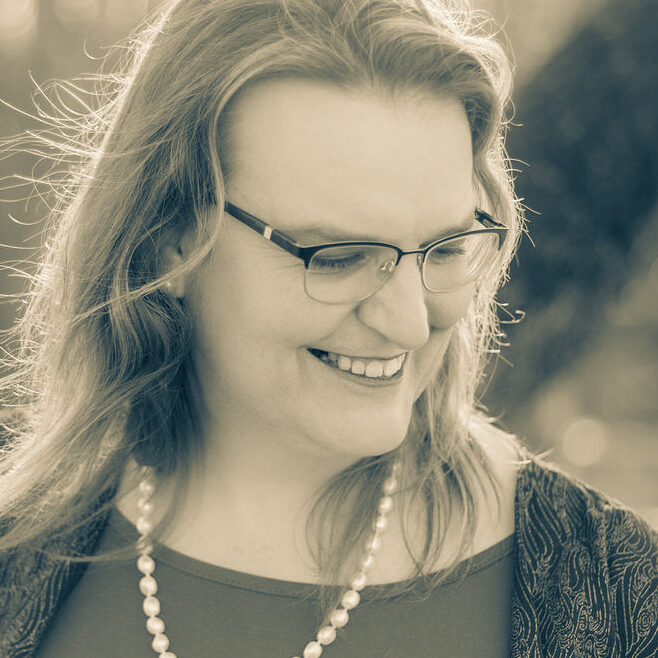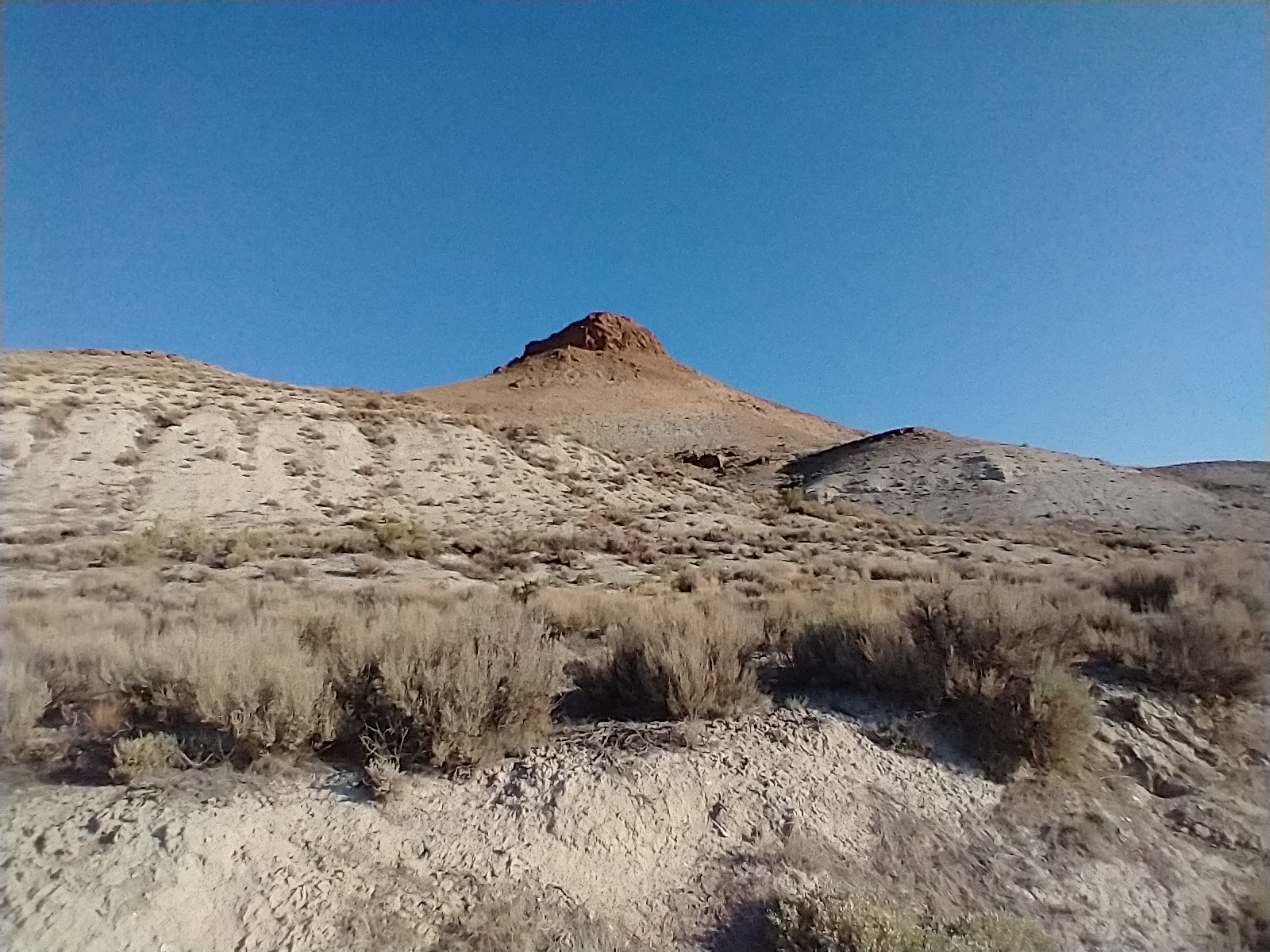Rev. Laura Bethany Buchleiter, Union Congregational Church, August 15th, 2021
(sermons published on this site are offered as a resource and should be appropriately cited when used on printed or public presentations.)
1 Kings 19:1-13 (NRSV)
1 Ahab told Jezebel all that Elijah had done, and how he had killed all the prophets with the sword. 2 Then Jezebel sent a messenger to Elijah, saying, “So may the gods do to me, and more also if I do not make your life like the life of one of them by this time tomorrow.” 3 Then he was afraid; he got up and fled for his life, and came to Beer-sheba, which belongs to Judah; he left his servant there. 4 But he himself went a day’s journey into the wilderness, and came and sat down under a solitary broom tree. He asked that he might die: “It is enough; now, O Lord, take away my life, for I am no better than my ancestors.” 5 Then he lay down under the broom tree and fell asleep. Suddenly an angel touched him and said to him, “Get up and eat.” 6 He looked, and there at his head was a cake baked on hot stones, and a jar of water. He ate and drank, and lay down again. 7 The angel of the Lord came a second time, touched him, and said, “Get up and eat, otherwise the journey will be too much for you.” 8 He got up, and ate and drank; then he went in the strength of that food forty days and forty nights to Horeb the mount of God. 9 At that place he came to a cave and spent the night there. Then the word of the Lord came to him, saying, “What are you doing here, Elijah?” 10 He answered, “I have been very zealous for the Lord, the God of hosts; for the Israelites have forsaken your covenant, thrown down your altars, and killed your prophets with the sword. I alone am left, and they are seeking my life, to take it away.” 11 He said, “Go out and stand on the mountain before the Lord, for the Lord is about to pass by.” Now there was a great wind, so strong that it was splitting mountains and breaking rocks in pieces before the Lord, but the Lord was not in the wind; and after the wind an earthquake, but the Lord was not in the earthquake; 12 and after the earthquake a fire, but the Lord was not in the fire; and after the fire a sound of sheer silence. 13 When Elijah heard it, he wrapped his face in his mantle and went out and stood at the entrance of the cave. Then there came a voice to him that said, “What are you doing here, Elijah?” 14 He said, “I have been very jealous for the LORD, the God of hosts; for the people of Israel have forsaken thy covenant, thrown down thy altars, and slain thy prophets with the sword; and I, even I only, am left; and they seek my life, to take it away.”
In our story today, Elija was in crisis mode. Nowadays doctors and psychologists call this fight, flight, or freeze – when our bodies and minds are aware of the danger and our nervous system kicks in to give us the extra juice we need to survive the challenge in front of us. Once the danger has passed we are supposed to return to a normal state of being – we all call that the green zone – like a deer or antelope that can pretty quickly go back to grazing once a threat has passed. When our bodies don’t go back to the green zone and stay in that state of being hyper-alert, we eventually start to experience the impact of trauma – perhaps even post-traumatic stress.
As I read this story about Elija, this is what I am seeing – a man whose life is on the line. He feels this even to the extent that after 40 days of hiding and experiencing some freedom from the immediate threat, God is still having to encourage him to believe he is safe and that God will protect and sustain him.
Naturally, as I read and contemplated this passage, I took advantage of the terrain here in Southwest Wyoming’s high desert country and hiked or walked to up to some rock clefts and outcrops where I could just sit and listen and wait on God and wonder what it might have been like to have people threatening my life – powerful people with the means and will to follow through with their threats.
I noticed a few things about those spaces where I, and I imagine Elija, was resting and waiting on God:
- While it felt like a safe place to rest, it was not an easy place to reach: Now of course I cheated and did not spend 40 days wandering on minimal food to get there. I drove as close as I could, hiked or walked a bit, had either coffee or water with me (along with a hiking companion and dog treats and water for her). But getting to the rock is not the hard part I’m referring to here as being difficult. It’s getting to the rest. Once we reach the rock, unload our burdens, start to hear God in the breeze around us, we have to convince ourselves that we are truly safe and physically begin to let go of the belief that danger is all around us.
- The noises in our minds are easier to focus on than the peaceful silence around us: While it’s good to withdraw from the noises of even a small, comfortable town like Green River to the still quiet of the not so distant desert, we still carry our own noises and distractions with us into the desert. It’s not easy to let them go and embrace the silence, but so important as we let Spirit in – to be our source of safety and comfort.
- Speaking of comfort, they are not comfortable places: There was one particular hike this week where I had to make a choice on how I wanted to get back to the truck – the longer, more gentle slope, or the shorter, steeper path. I chose shorter and steeper – even knowing in my head that it’s never as short as it looks and always steeper than it looks. There was one patch, getting closer to the top, where Indy (the aforementioned canine companion) and I would climb 10-20 feet and just sit again. At one point I even spread my jacket behind me and tried to lay down. It was good enough to recover and breathe for a few minutes, but not what I would call a good restful place. Sometimes comfort is the enemy of recovery. Sometimes our bodies need to remain uncomfortable so that our Souls can find healing.
- It often takes asking twice: There are two moments in the text when Elija is asked or told to do something and both times it has to be repeated. First when an angel tells him to get up and eat and then again when he is asked by God what he is doing there on the cliff. Both God and the angel appear to be patient yet persistent with Elija as he works through the crisis in both his body and his mind. They give him time and strength to find the bridge between his current physical experience – what the body is feeling as reality vs. what his soul knows in his spirit to be true – all the past experiences and lessons and moments where he beat the physical odds by being a faithful servant of God.
Sometimes we have to ask ourselves twice to be patient, to be kind and gentle to ourselves and others, to just get up and take the walk that we know will help both our minds and bodies heal. Whether it is out of faithfulness to God or faithfulness to our own self-care, it’s a good place to start.
Not only does God ask Elijah the same question twice, but Elija also answers the same way twice – at least with the same words. I can’t help but think this loses something moving from an oral telling of the story to the written text. To use on the page, the words are the same. I think the first time it was still scared and angry, in a harsh voice almost rebuking God for even asking the question:
“I HAVE BEEN VERY ZEALOUS FOR THE LORD, THE GOD OF HOSTS; FOR THE ISRAELITES HAVE FORSAKEN YOUR COVENANT, THROWN DOWN YOUR ALTARS, AND KILLED YOUR PROPHETS WITH THE SWORD. I ALONE AM LEFT, AND THEY ARE SEEKING MY LIFE, TO TAKE IT AWAY.”
But after encountering God in a breath of wind, I can’t help but think the second answer was filled with deeper, more understanding breaths – less accusation and more trust and belief:
“I have been very zealous for the Lord, the God of hosts; for the Israelites have forsaken your covenant, thrown down your altars, and killed your prophets with the sword. I alone am left, and they are seeking my life, to take it away.”
God’s response is to send him on an errand to anoint and begin to train his successor. Not a frantic mission – not roaming out of raging fear – but a methodical next step based on his love and trust of God to Sustain him.
I wish this were a hypothetical exercise for me this week – a simple theoretical dive into the work of what might be. But there are always moments of life that challenge our peace – some more dramatically than others. May we find rest and peace in the breath of God, the presence of Spirit within us – through all moments wherever we experience them – our home on a couch, a desk in a classroom, a conference table in a boardroom, or from a rock in the desert.

